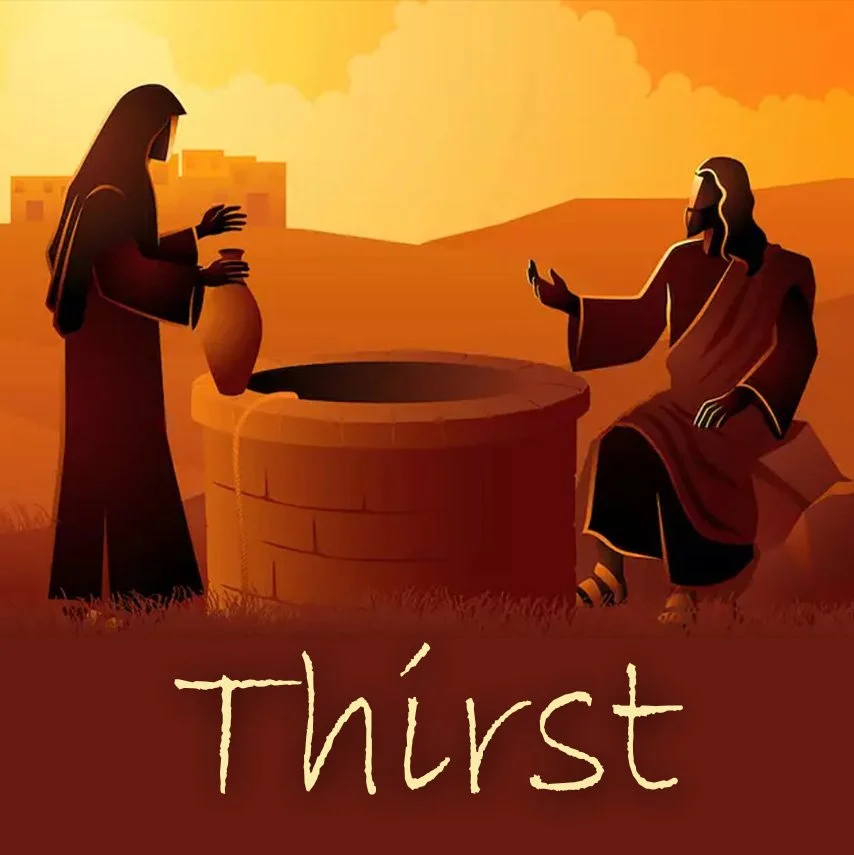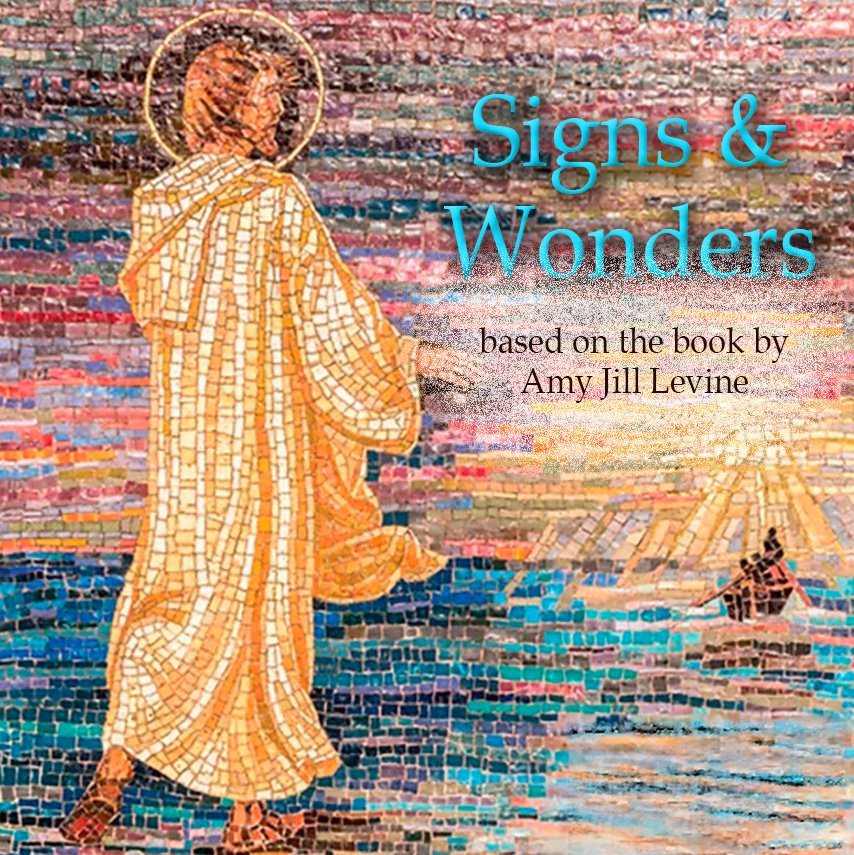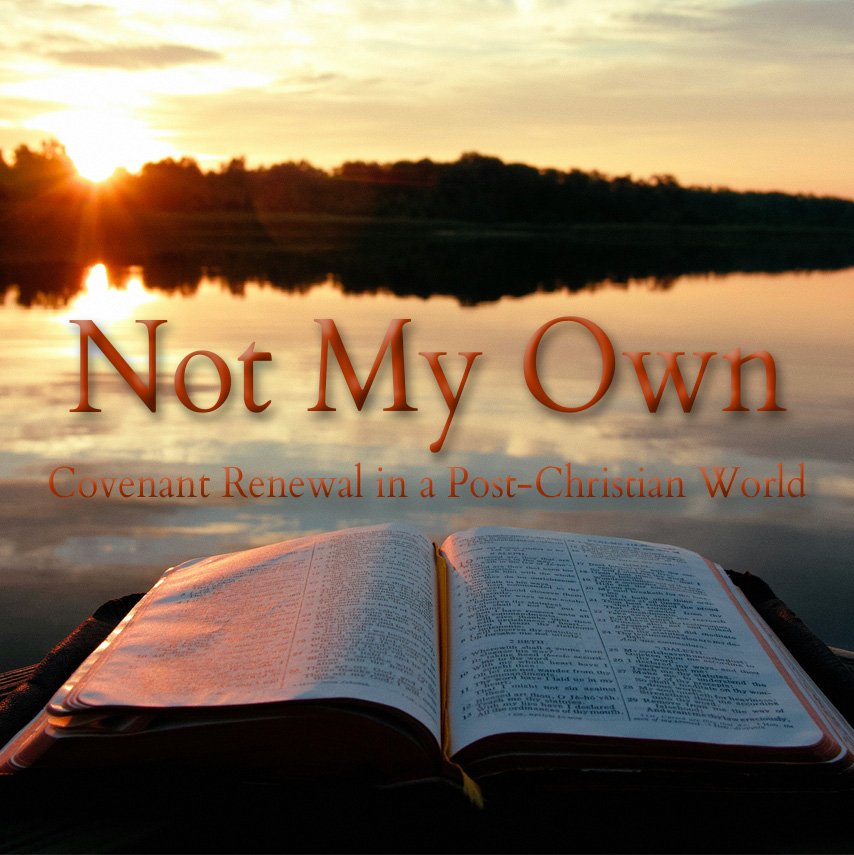Give Me a Drink
Thirst: Part 2
March 1, 2026
The Samaritan woman asked, “Why do you, a Jewish man, ask for something to drink from me, a Samaritan woman?” (Jews and Samaritans didn’t associate with each other.)
John 4:9
_______________
We all have those times when God seems distant. We feel like our prayers are empty and our works of piety are in vain. We realize that we are empty, that we are nothing, and we would not be surprised in the least if God gave up on us.
But what if the problem is not that God is too distant, but too close... in fact, way too close for comfort?
By every religious and social custom of his day, Jesus clearly should not have been talking with this woman at a public well in Samaria. She had three strikes against her that would keep any righteous man far away... she was a Samaritan, she was a woman, and she had a shameful history, even if it was not entirely of her own making.
Some have speculated that she did not come to the well during normal cooler hours because she didn't want to face the gossip the other women in town must have been speaking about her as they drew water for their "proper" families.
It's interesting how she is so blatantly aware of Jesus' impropriety in asking her for water, and yet Jesus seems entirely unconcerned with her status as a Samaritan or a woman with a past. Jesus is not worried about being made unclean. He is not concerned about what others might think. And he's not even coming with some ulterior motive to convert her to his religious beliefs.
Jesus is simply tired and wants a drink of water. Period.
I wonder how many times Jesus has come to us, to ask us for a drink or even just to sit down and enjoy a casual conversation, and we responded by pulling away because we knew deep down that we were unworthy of his company.
What if Jesus wanted to come to us in the form of a homeless person, or an irritating co-worker, or a family member who has hurt us deeply, or a child who won't sit still and be quiet for five minutes. The faces of Jesus are everywhere, for he says that whenever we care for the "least of these," we have provided for him.
We don't always recognize his presence, but we can sense the uncomfortable holiness of each encounter stirring deep in our souls, or maybe in the pit of our stomachs, and we want to retreat.
We know that God already knows us better than we know ourselves, but somehow, we still want to pretend we can keep the worst parts of ourselves a secret. We're afraid of being exposed. We like to pretend we're OK, but next to Jesus, we know we are not.
And if we're truly honest, there are just certain places we don't want to be seen walking around with Jesus.
Just like the woman at the well, we are far more uncomfortable around Jesus' holiness than Jesus is around our sin.
What is one place in your ordinary routine that Jesus might show up unexpectedly if you were open to it?
How would you respond?





